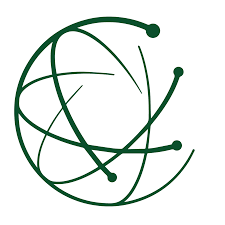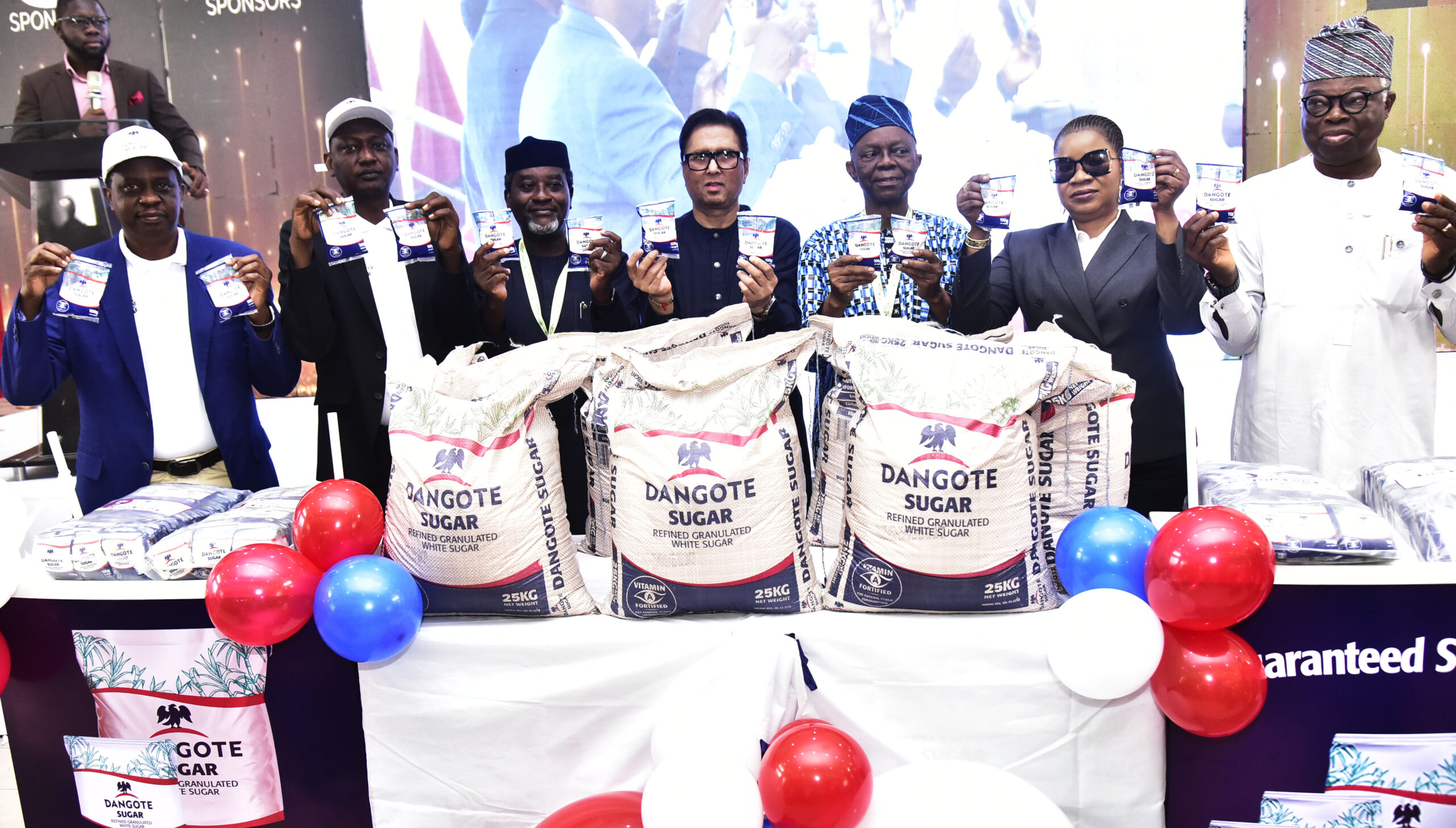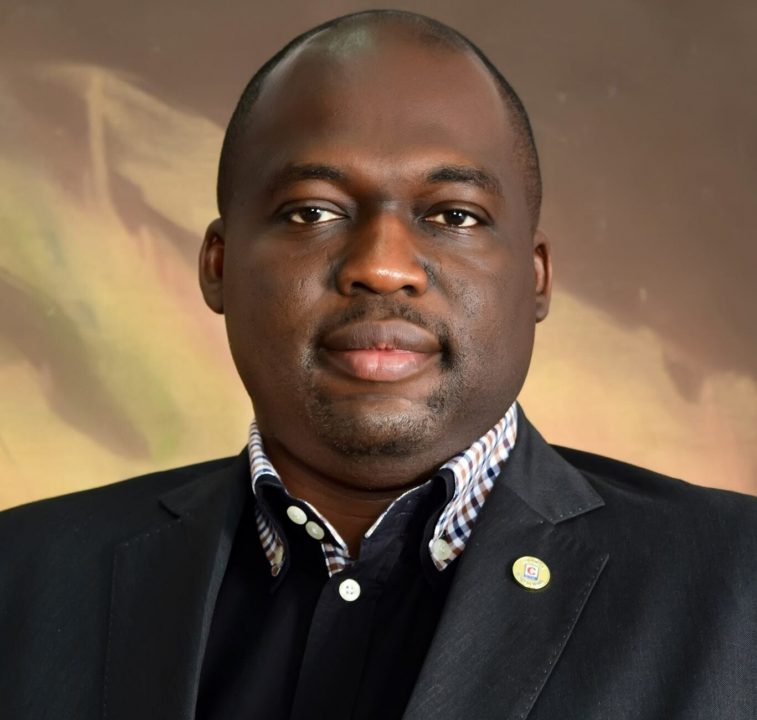Industry

…Governors seek leading roles in Nigeria digital transformation
States Governors under the auspices of the Nigeria Governors Forum (NGF) have demanded leading roles in Nigeria digital transformation, saying it has become necessary for the Federal Government to assign responsibilities to States and local governments in Nigeria’s digital ecosystem.
In particular, the NGF said they would like to take the lead in their respective states on the digital journey and in collaboration with other stakeholders.
The Director General of the NGF, Dr Abdulateef Shittu stated this in Abuja on Wednesday on behalf of the Governors.
He spoke at the Wells Carlton Hotel, Abuja, during a stakeholders workshop organised by the National Information Technology Development Agency, NITDA, on the review of the Draft Digital Public Infrastructure (DPI) and the Draft Technical Standard for Nigeria Data Exchange (NGDX).
He said the conversation around digital infrastructure has become critical considering its significance to Nigeria’s development aspirations.
He said:”The goal of building secure, interoperable, and inclusive digital systems has become a universal objective. This goal cannot be achieved in silos by each government in isolation, it requires strong federal-state collaboration and robust multi-stakeholder partnerships.
“These partnerships should be sustained.
At the NGF, we have been intentional about ensuring that sub-national state governments take the lead in their digital transformation journey.
” Our DPI Readiness Report, the first -ever comprehensive assessment of digital public infrastructure, policies, and capabilities across Nigeria’s 36 states, was a major step in this direction.” Dr Shittu was represented at the event by his Technical Adviser, Mr Shina Ayotola.
Dr Shittu said the reports on states readiness for digital transformation have provided baselines in terms of ” digital identity systems, payment systems, and data exchange frameworks”. He added it had also offered concrete recommendations for closing existing gaps and accelerating sustained digital transformation in the states.
Dr Shittu who commended NITDA for organising the workshop said the doors of the NGF remained open “to all partners, federal agencies, development partners, private sector actors, and civil society organiszations who share our this vision for a digitally inclusive Nigeria.”
” Together, we can ensure that every state, regardless of size or capacity, benefits from the transformative potential of Digital Public Infrastructure DPI, ” Dr Shittu stated.
In his remarks, the Permanent Secretary, Ministry of Communications, Innovations and Digital Economy, Dr Rafiu Adeladan said the conversation is centered on a concept that is fast becoming the backbone of 21st century governance and service delivery – Digital Public Infrastructure (DPI).
” Simply put, DPI refers to the foundational digital systems that enable seamless identification, secure payments, and trusted data exchange. These building blocks allow government, businesses, and citizens to connect, transact, and innovate with speed, transparency, and efficiency,” he said.
He added that the engagement with the NGF has become necessary given the facts that states are the front lines of service delivery in the country.
Dr Adeladan who was represented by the Director of e-governance in the Ministry, Mr Johnson Bareyei said the success of Nigeria’s DPI journey depends on how well the Governors integrate digital systems into their development strategies in the states.
Industry
Dangote recommits to Nigeria’s full industrialisation

- Unveils new sugar pack sizes
- LCCI lauds Dangote partnership
By Olamide Akintunde
The Pan-African Conglomerate, Dangote Industries Limited (DIL) has reaffirmed its unwavering commitment to driving the industrialization of Nigeria and the African continent at large.
The company then pledged to persist in its transformative efforts and maintain a leadership role in advancing sustainable economic growth across the region. This position was made known by the Group Executive Director, Commercial Operations, Hajiya Fatima Aliko Dangote during the Dangote Special Day at the on-going 2025 Lagos International Trade Fair holding at Tafawa Balewa Square in Lagos.
This is just as the leadership of the Lagos Chamber of Commerce and Industries (LCCI) described Dangote Industries Limited as a worthy partner that has been pivotal to the success of the Chamber over the years.
Hajiya Fatima Aliko Dangote who was represented by the Group Sales and Marketing Director, Dangote Cement Plc., Mrs. Funmi Sanni described industrialization as the most viable path to value addition, economic diversification, and large-scale job creation for the nation’s youth.
While re-echoing the company’s plan to expand its Dangote Petroleum Refinery’s capacity from 650,000 barrel per day to 1.4mn per day by 2028, she stated that the theme of the ongoing trade fair, ” Connecting Businesses, Creating Value” was both timely and highly appropriate.
According to her, it encapsulates the Chamber’s strategic vision of bringing together many stakeholders, manufacturers, suppliers, distributors and consumers in the same location. This singular gesture, she stated, created an avenue for Business-to-Business engagements, Business to Consumer engagements, providing valuable feedback on areas of improvement.
Aliko-Dangote said that the group as Africa’s leading indigenous conglomerate, was connected to several businesses across the world and consistently creating values.
She stated that the Dangote Group was being guided by its investment philosophy that only Africans can develop Africa. “This is why we have invested in many African countries. Recently, we had the historic groundbreaking ceremony of the $2.5 Billion, 3 million Metric Tonne Urea Fertiliser Production Complex, in Gode, Ethiopia.
“This new plant is a partnership between the Dangote Group and Ethiopian Investment Holdings (EIH), the strategic investment arm of the Government of Ethiopia. The project at completion will generate thousands of direct and indirect jobs in the country while at the same time boosting agricultural output,” she said.
Aliko-Dangote disclosed that the group had commenced the expansion of Dangote Cement Plant in Ethiopia with a $400 million investment plan for a second production line at the cement plant. She also added that its 3Mta Côte d’Ivoire grinding plant started operations in the third quarter, marking another major bold step in Dangote Cement’s growth journey, increasing our total installed capacity to 55Mta across Africa.
“This milestone reinforces our commitment to regional self-reliance and strengthens our position as the continent’s leading cement producer. We have started construction of a new 6Mta integrated cement plant in Itori Ogun State, a facility that would be dedicated for export to neighbouring countries,” she stated.
She stated that Dangote Fertiliser Ltd. and Dangote Polypropylene are to be expanded to increase their contribution to the domestic economy. She then affirmed the commitment of Dangote Sugar to ensuring that Nigeria ends the importation of raw sugar into the country by actively intensifying its execution of the Sugar Backward Integration.
“In this regard, it has committed over $700 million in land acquisition, machinery, infrastructure, manpower, community relations, corporate social responsibility (CSR) and other impactful activities.
Highlight of the Special Day was the unveiling of two new categories of Dangote Sugar pack, the 100ml sachet and 25kg bag by the Chief Executive Officer of Dangote Sugar Refinery Plc, Mr Ravindra Singhvi.
He acknowledged the immense growth of the Dangote Group companies, highlighting its position as the largest in Africa and a significant player globally. Looking to the future, he announced ambitious plans for two major projects, which would focus on producing sugar from Nigeria, by Nigerians, and for Nigerians.
According to him, these initiatives are set to significantly enhance the company’s capabilities and better meet market demands. He said: “Currently, the company offers 50 kg bags—both fortified and unfortified—for various consumer segments. In response to changing consumer preferences and market dynamics, two new packages are being launched: 25 kg bags and 100-gram bags.”
In his remark at the ceremony, Mr. Gabriel Idahosa, President, LCCI, said the Dangote Group has been playing a visionary role and according to him the role of visionary industrial leadership was crucial to navigate the complexities of a rapidly evolving global economy.
He stated that the leadership of Dangote Group had demonstrated industrial prowess by investing where others were hesitant while expressing the appreciation of the Chamber for the collaboration and support the Company has extended to te Chamber over the years.
Idahosa described the birth of Dangote Refinery as a clear demonstration of an industrialist utterly passionate about the country and willing to support various areas of impact. “With the Dangote Refinery having a confirmed capacity to meet the local demand in Nigeria, the Nigerian economic outlook looks bright.
“The LCCI remained committed to fostering partnerships, promoting policy advocacy, and creating platforms that enabled businesses and industries to thrive,” he said.
Industry
Sachet alcohol ban could cost N1.9tn, 5m jobs, MAN warns

• Urges FG reversal
By Grace Edet
The Manufacturers Association of Nigeria (MAN) has warned that the planned ban on alcoholic beverages in sachets and small PET bottles could wipe N1.9 trillion in investments and cost over 500,000 direct jobs and five million indirect jobs.
MAN urged the Federal Government and NAFDAC to reverse the directive before it takes effect on 31 December 2025.
Director-General of MAN, Segun Ajayi-Kadir, described the Senate-backed ban, reportedly passed on 6 November 2025, as “terribly unfair” and at odds with previous stakeholder consultations and policy validations.
“This unexpected development contradicts all stakeholders’ efforts on the matter and is completely at variance with the subsisting position of the House of Representatives,” Ajayi-Kadir said.
He stressed that the Ministry of Health had already granted a one-year extension, during which the draft National Alcohol Policy was considered and validated by stakeholders, including NAFDAC.
Ajayi-Kadir criticised the Senate for bypassing structured consultations.
“Stakeholders’ consultation, either through a public hearing or focused meetings with relevant industry players, should have been called by the relevant Senate Committee before a ban was ordered,” he said.
According to the MAN DG, the National Alcohol Policy, validated in October 2025 by a multi-stakeholder committee, recommended tighter enforcement, establishment of licensed liquor outlets in LGAs, increased monitoring by NAFDAC and FCCPC, and public education campaigns against underage consumption, rather than an outright ban.
“We initiated campaigns on responsible alcohol consumption, spending over a billion Naira in media outreach across the federation, which have been very impactful in discouraging underage abuse,” he added.
Warning of severe economic fallout, Ajayi-Kadir said the ban would reduce manufacturing capacity utilisation, threaten indigenous businesses, and create a surge of illicit and unregulated alcohol in the market.
“A ban would open the market to foreign brands, mostly smuggled, and possibly unwholesome. This will be at the expense of domestic producers and result in loss of government revenue,” he said.
The MAN DG called on the Senate to rescind the ban and urged the Federal Government to expedite the endorsement and implementation of the validated National Alcohol Policy and its multi-sectoral framework, which he said would render the ban unnecessary.
“We should be mindful of the economic implications of unnecessary, sudden regulatory shifts that could affect legitimate manufacturers, thousands of employees, and informal value-chain operators across the country,” Ajayi-Kadir concluded, reiterating MAN’s commitment to responsible alcohol production, safety compliance, and public education campaigns.
Industry
Coleman CEO calls for bold investments in telecom value chain

Managing Director/Chief Executive Officer of Coleman Wires and Cables Industries Limited, Mr. George Onafowokan, has urged stakeholders in Nigeria’s telecom sector to embrace bold, in-country investments to bridge skill gaps and drive indigenous growth.
Speaking as a panelist at the Stakeholders’ Consultative Forum on Skill Gaps in the Telecom Value Chain, themed “Bridging the Telecom Value Chain Skill Gaps — Empowering Indigenous Talents for Industry Growth,” Onafowokan emphasised that becoming an Original Equipment Manufacturer (OEM) in Nigeria requires not just courage but a willingness to defy skepticism.
“First and foremost, the biggest issue is this: are you brave enough—or crazy enough—to invest?” he said. According to him, “To become an OEM manufacturer here means investing in in-country production, not sitting in India or China and exporting products to Nigeria.”
He cited Coleman’s pioneering efforts in local production, including the establishment of Nigeria’s first fiber optic cable factory in 2022, with a 60,000 cable-kilometer annual capacity. By October 2025, a second plant in Shagamu will be commissioned, boosting total output to over 300,000 cable kilometers annually.
Onafowokan highlighted that Coleman’s venture with global giant Corning is 100 per cent equity-owned and fully Nigerian, yet local buyers still tend to prefer imports.
“The fiber you buy from us is exactly the same as what you get from Corning or anywhere else—only cheaper here,” he noted.
As the company celebrates its 50th anniversary this year, Onafowokan stressed that Coleman’s success has been built on continuous training, retraining, and deliberate capacity building. Currently, the company employs around 800 staff, with fewer than 10 expatriates, and nearly 50 per cent of its cable products are not manufactured elsewhere in Africa.
“Training, retraining, and developing people has been the backbone of our growth,” he said, adding, “We’ve deliberately invested in high-technology products, positioning Nigeria as a hub.
“Our cables touch every sector—telecoms, power, housing, oil and gas—making us a vital part of national development.”
-

 Art & Life9 years ago
Art & Life9 years agoThese ’90s fashion trends are making a comeback in 2017
-

 Entertainment8 years ago
Entertainment8 years agoThe final 6 ‘Game of Thrones’ episodes might feel like a full season
-

 Art & Life9 years ago
Art & Life9 years agoAccording to Dior Couture, this taboo fashion accessory is back
-

 Business9 years ago
Business9 years agoThe 9 worst mistakes you can ever make at work
-

 Entertainment9 years ago
Entertainment9 years agoThe old and New Edition cast comes together to perform
-

 Sports9 years ago
Sports9 years agoPhillies’ Aaron Altherr makes mind-boggling barehanded play
-

 Entertainment8 years ago
Entertainment8 years agoMod turns ‘Counter-Strike’ into a ‘Tekken’ clone with fighting chickens
-

 Entertainment9 years ago
Entertainment9 years agoDisney’s live-action Aladdin finally finds its stars





